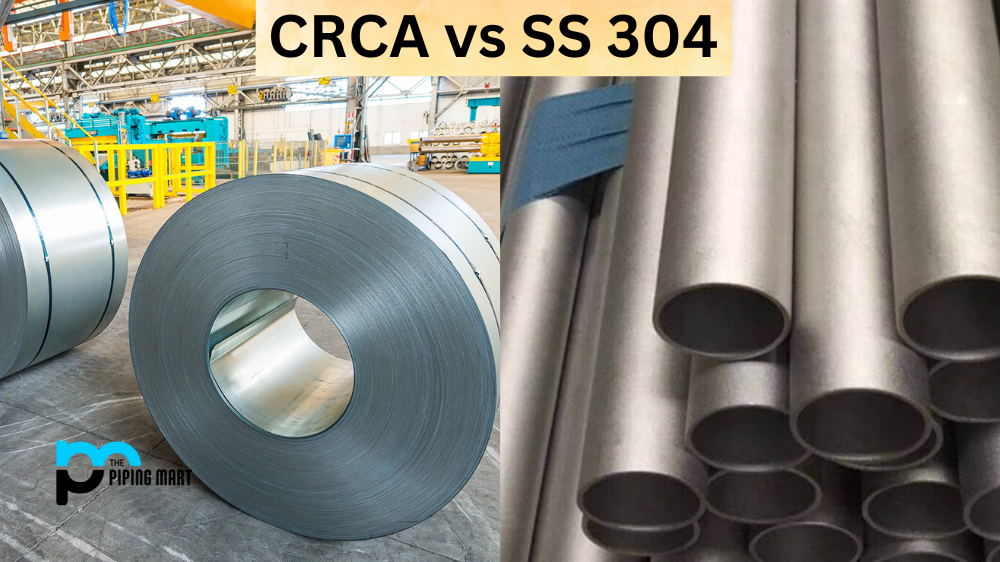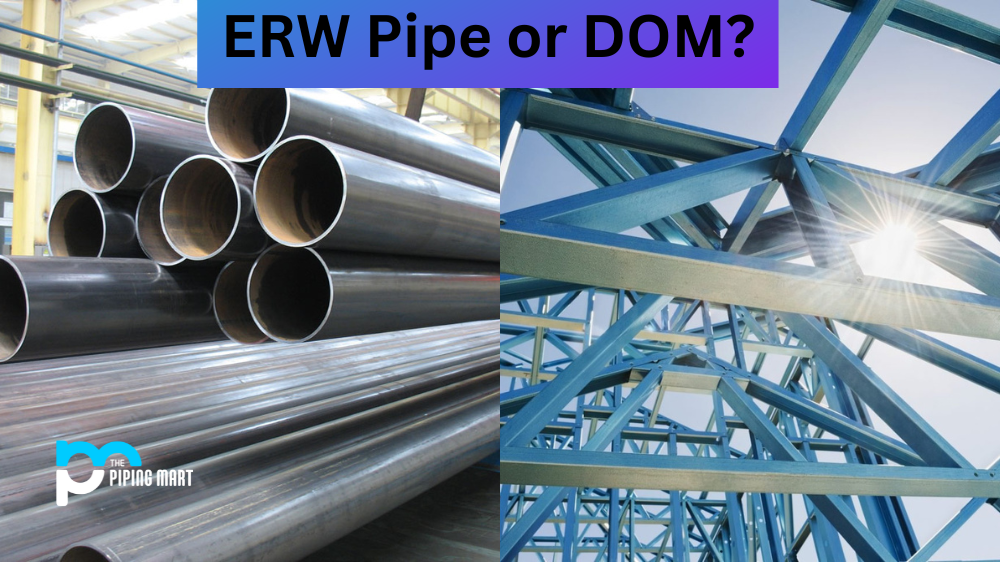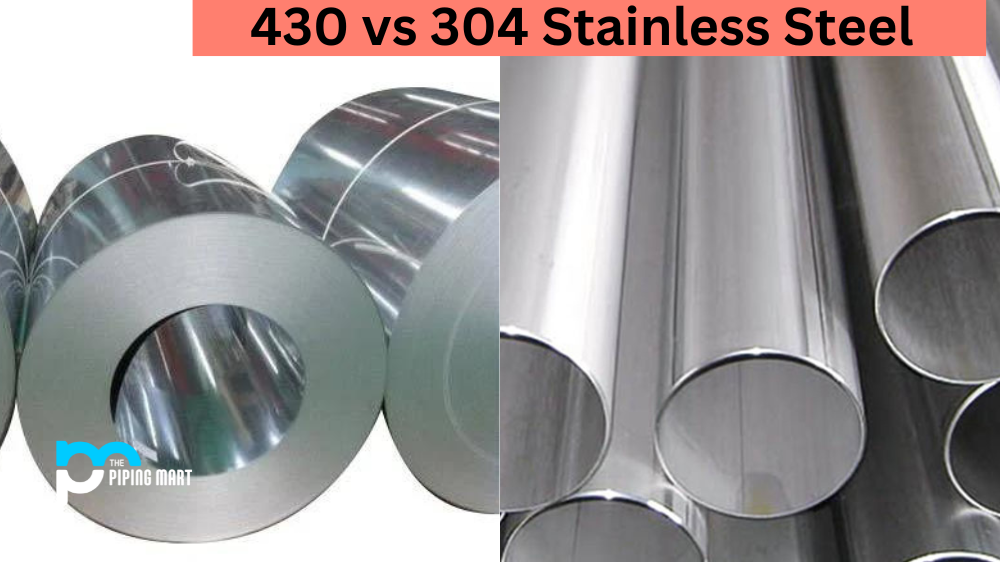When choosing the right material for your construction or manufacturing needs, steel is one of the most common options. But within the steel, there are different types and grades to consider. CRCA (cold-rolled close annealed) and SS 304 (stainless steel 304) are popular choices. But what are the differences between these two options, and how do you know which is best for your needs?
This article looks closer at CRCA vs SS 304, exploring their properties, applications, advantages, and disadvantages. By the end, you’ll better understand these materials and be able to make an informed decision for your project.
Difference Between CRCA and SS 304
Composition
CRCA is a low-carbon steel that undergoes a cold rolling process to improve its strength, surface finish, and dimensional accuracy. This type of steel is often used to produce automotive parts, pipes, die-cutting tools, and electrical components. On the other hand, SS 304 is a type of stainless steel that contains at least 18% chromium and 8% nickel. It is highly resistant to corrosion, oxidation, and heat, making it a popular choice for kitchenware, medical equipment, chemical processing, and construction.
Strength
While both CRCA and SS 304 are strong materials, there are differences in their tensile strength and elongation. CRCA typically has a yield strength of 240 N/mm² to 300 N/mm² and an elongation of 20% to 40%. SS 304 has a higher yield strength of 205 N/mm² and an elongation of 40%. This means that CRCA is more brittle and prone to cracking under heavy loads, while SS 304 is more ductile and can withstand deformation without breaking.
Corrosion Resistance
This is where the biggest difference between CRCA and SS 304 lies. CRCA is not corrosion-resistant and will rust if exposed to moisture or chemicals. Its surface must be treated with coatings or plating to prevent rusting. On the other hand, SS 304 is highly resistant to corrosion and oxidation, and its surface will not rust even when exposed to harsh environments. This property makes SS 304 ideal for outdoor and marine applications where corrosion is a major concern.
Cost
When it comes to cost, CRCA is generally cheaper than SS 304. CRCA is a basic steel material widely available and used in various industries. SS 304, on the other hand, is a premium material with higher production costs due to its composition and processing requirements. This cost difference may be a deciding factor when choosing between the two materials, especially for large-scale projects.
Conclusion
In summary, CRCA and SS 304 are two distinct materials with their properties and characteristics. CRCA is a low-carbon steel that is strong but prone to rusting, while SS 304 is a highly corrosion-resistant stainless steel that is ductile and strong. When deciding between these two materials, it’s important to consider your project’s needs, budget, and environment. If corrosion resistance is essential, SS 304 is the way to go. If cost is a major factor, CRCA may be the better choice. Overall, understanding the differences between these materials will help you make an informed decision and ensure the success of your project.
Meet Heer, a dynamic and driven writer learning tricks of her trade in the metal industry. With a background in Digital Marketing, Heer brings a unique perspective to her writing, sharing valuable insights. Apart from blogging she like reading and hiking.




